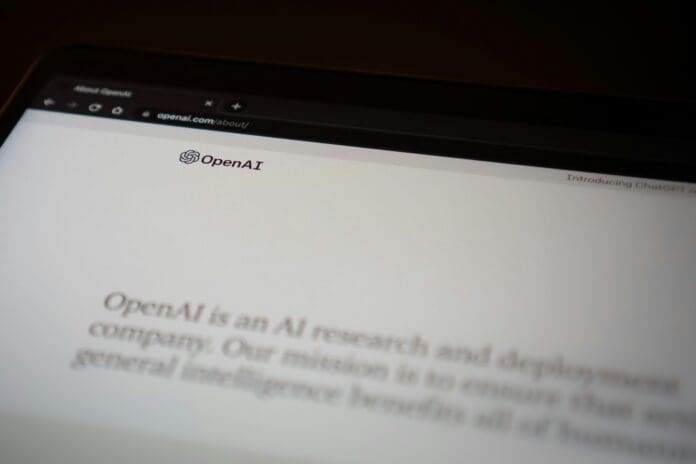This post is also available in:
 עברית (Hebrew)
עברית (Hebrew)
OpenAI has unveiled its latest AI models, o3 and o3 mini, which promise to tackle some of the most challenging problems across various fields, including science, coding, and mathematics. These new models mark a significant leap forward in the company’s AI development, designed to handle increasingly complex tasks requiring advanced reasoning abilities.
Sam Altman, CEO of OpenAI, shared in a livestream that the o3 mini model will be available by the end of January, with the full o3 model following shortly thereafter. He emphasized that this release represents the beginning of a new era in AI, where models can perform tasks that demand substantial logical reasoning. According to OpenAI, the o3 models are up to 20% more effective than their predecessor, the o1 models, which were introduced earlier this year to handle more intricate queries.
A standout feature of the o3 models is their exceptional performance in scientific reasoning and math. The o3 model achieved an impressive 96.7% accuracy on the AIME 2024 math competition, missing just one question. It also scored 87.7% on GPQA Diamond, a scientific reasoning benchmark, outperforming typical PhD-level experts. On the EpochAI Frontier Math benchmark, the o3 solved 25.2% of problems, a significant improvement from the o1 model’s 2%. In conceptual reasoning, the o3 model surpassed human-level performance with an 87.5% score on the ARC-AGI benchmark.
The o3-mini, a more simplified version, is designed for efficiency, particularly in coding tasks. It provides solid performance with lower computational costs and offers adjustable low, medium, and high reasoning settings, tailoring the model’s capabilities to a range of applications.
Additionally, OpenAI has introduced a new safety feature, deliberative alignment, which enhances the models’ ability to identify and manage unsafe prompts, ensuring more accurate and responsible AI responses.
As the AI race intensifies, OpenAI has invited external researchers to test the o3 models, with applications closing on January 10, according to Reuters. This marks a critical phase for the company, following its success with ChatGPT. With competitors like Google’s Gemini 2.0 Flash Thinking also advancing in this space, the competition to refine reasoning models is only set to grow.


























